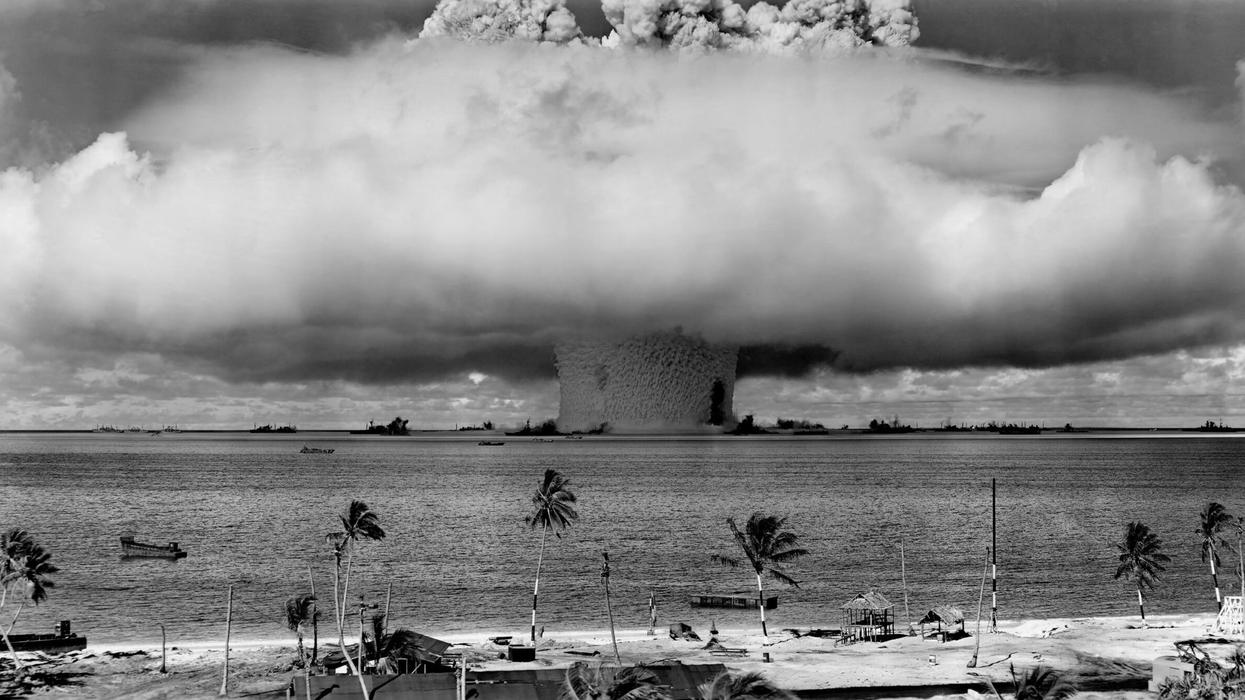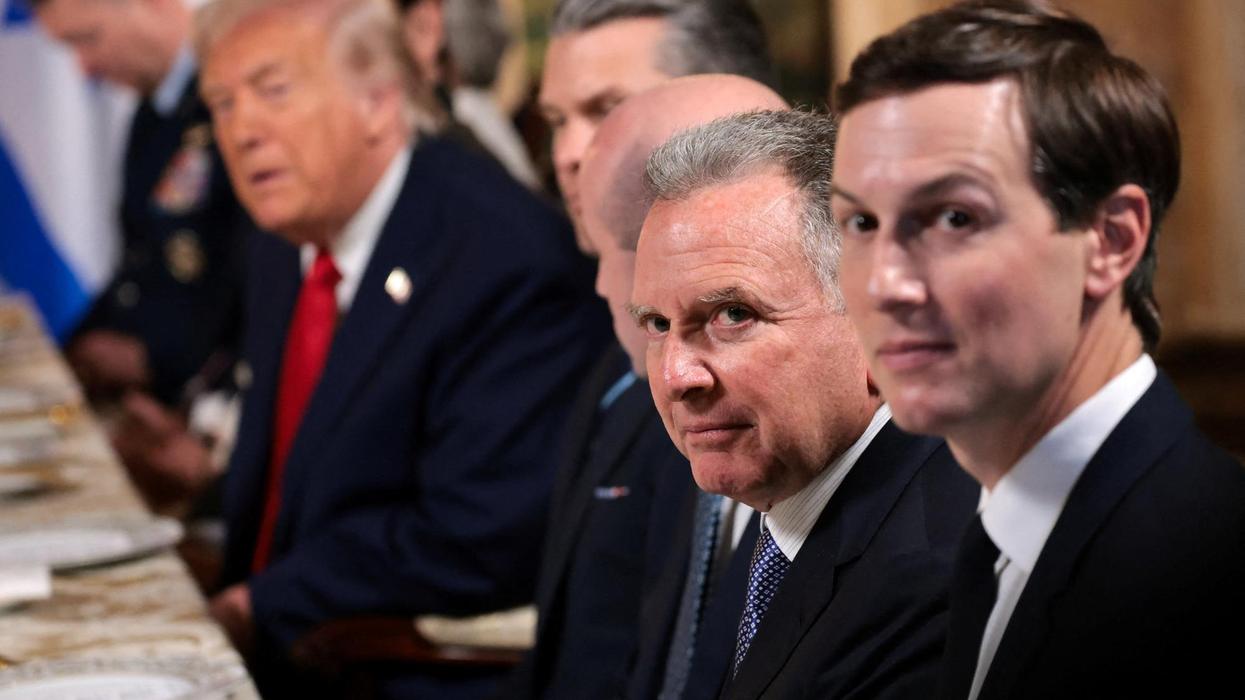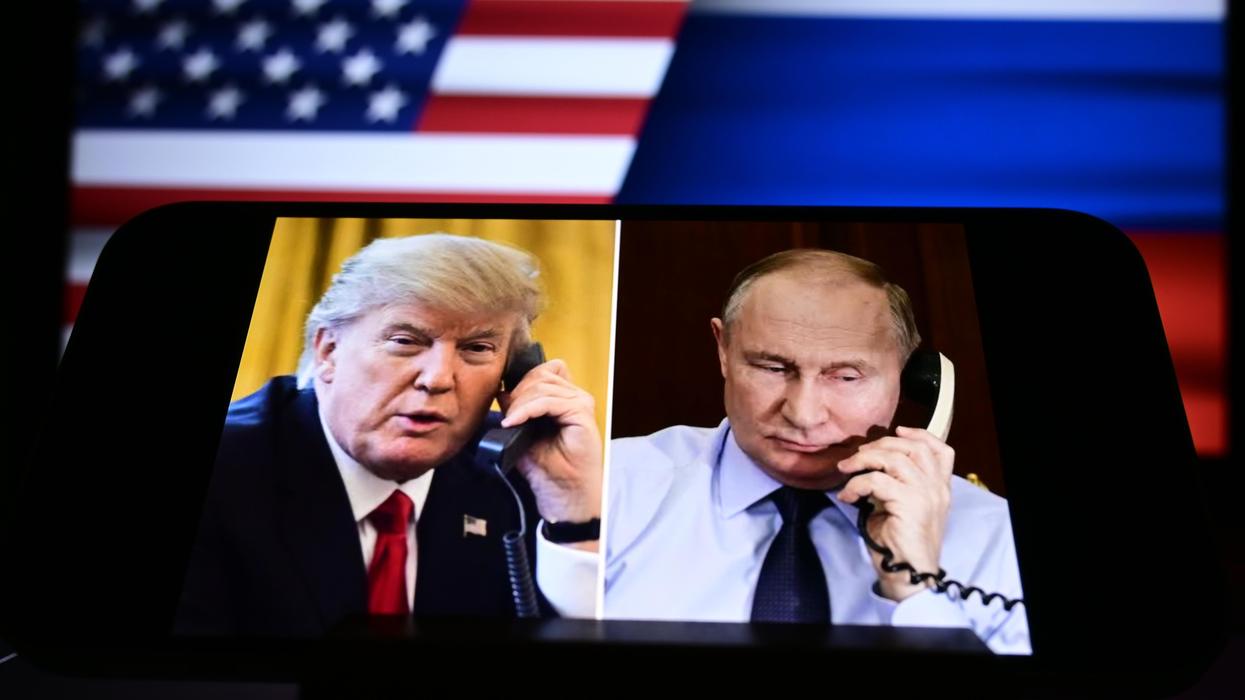President Biden’s hesitation thus far in lifting sanctions imposed on Iran by his predecessor and returning Washington to the Joint Comprehensive Plan of Action, or JCPOA, nuclear deal risks a repeat of events between the United States and North Korea more than two decades ago when Pyongyang withdrew from the nuclear Non-Proliferation Treaty and began manufacturing nuclear weapons in earnest.
Just last week, the Iranian Minister of Intelligence warned in an interview that, according to the fatwa issued by the Supreme Leader of Iran, Tehran is not pursuing the manufacture of nuclear weapons. But, he continued, if a cat is trapped in a corner, it will behave in a way that a free cat will not. Iran cannot be blamed, he said, if Western countries push it into a corner.
While certain Western media outlets have interpreted his words as designed to pressure the Biden administration to return to the JCPOA, the fact remains that demands to leave the NPT are on the rise in Iran.
Hardliners enjoy a majority in the Iranian parliament today. The lawmakers late last year enacted legislation called the Strategic Action Plan to Counter Sanctions with a February 21 deadline for Washington to lift its sanctions. Otherwise, the Iranian government will be required to limit inspections by the International Atomic Energy Agency and abandon its voluntary implementation of the Additional Protocol — both key components of the JCPOA. It now seems highly unlikely that the Biden administration will lift the sanctions by February 21, thus risking an escalation in the Iran nuclear dispute.
This situation recalls U.S. policy towards North Korea two decades ago. While both countries had concluded the 1994 Agreed Framework whereby Pyongyang agreed to freeze and eventually eliminate its nuclear weapons program in exchange assistance with a civilian nuclear energy program and the eventual normalization of relations, the George W. Bush administration, citing what it claimed was a violation of the accord, effectively withdrew from it in 2002 and imposed new sanctions against the country.
Just a few months later, Pyongyang expelled IAEA inspectors, withdrew from the NPT, and announced its intention to develop nuclear weapons. U.S. intelligence believed that the North by that time, unlike Iran today, had already secretly developed one or two nuclear devices. Just three years later, in October 2006, North Korea successfully conducted its first nuclear test.
Today, Tehran and Washington appear to be trapped in a childish game of who must return to the deal first and comply with their commitments. Iran insists that the United States should take the first step, as it was the Trump administration that left the deal in 2018. But the Biden administration insists that it is Iran that must first abide by its commitments and return to the JCPOA’s limits on uranium enrichment which it began exceeding a year after Washington’s withdrawal. This situation only favors extremists in both countries, not to mention other regional countries, such as Israel and Saudi Arabia, that are determined to kill the nuclear deal.
In July 2019, prominent international relations scholar John Mearsheimer, warned that Trump’s maximum pressure campaign against Iran may push Iran to manufacture nuclear weapons. It seems that the United States may now be committing the same mistakes it did with North Korea. The words of the Iranian Minister of Intelligence suggest that the chances of Iran following in Pyongyang’s footsteps are not so slim. Given the experiences of Trump’s maximum pressure policy and his assassination of Iran’s top military commander, General Qassem Soleimani, the issue must be taken seriously, particularly given the Supreme Leader Ali Khamenei’s repeated slogan since Soleimani’s death about “the need to make Iran stronger.”
It’s clear that the position of reformists, notably President Hassan Rouhani and Foreign Minister Javad Zarif, has been severely weakened, having put their trust in the United States to abide by the JCPOA. In rallies to celebrate the 42nd anniversary of the Islamic Revolution earlier this month, anti-Rouhani slogans in a number of cities were common. And Zarif has been called a traitor by powerful members of parliament. Hence, it seems that the continuation of the current situation will leave the moderates and those favoring relations with the West with declining chances in June’s presidential election. A candidate running on a platform in favor of leaving the NPT and manufacturing nuclear weapons could well emerge among the top ranks.
As noted recently by Biden’s Special Envoy for Iran, Robert Malley, the Supreme Leader will remain the ultimate decision-maker regardless of who succeeds Rouhani after the election. While accurate, however, this view may prove too optimistic particularly given Iran’s recalcitrance during Mahmoud Ahmadinejad’s eight years as president. As Zarif has repeatedly warned, the window of opportunity for serious diplomacy between Tehran and Washington is now closing.
The main concern for Biden’s administration is preventing Iran from acquiring a nuclear weapon. Whether the United States or Iran is obliged to take the first step to return to their JCPOA obligations is secondary. The continued impasse could likely leave Biden with only two options because Iran has demonstrated that it will not change its policy even when subjected to the toughest sanctions: he must either come to terms with a nuclear armed Iran, which will be a major foreign policy failure, or start a costly war with an unpredictable outcome.
















